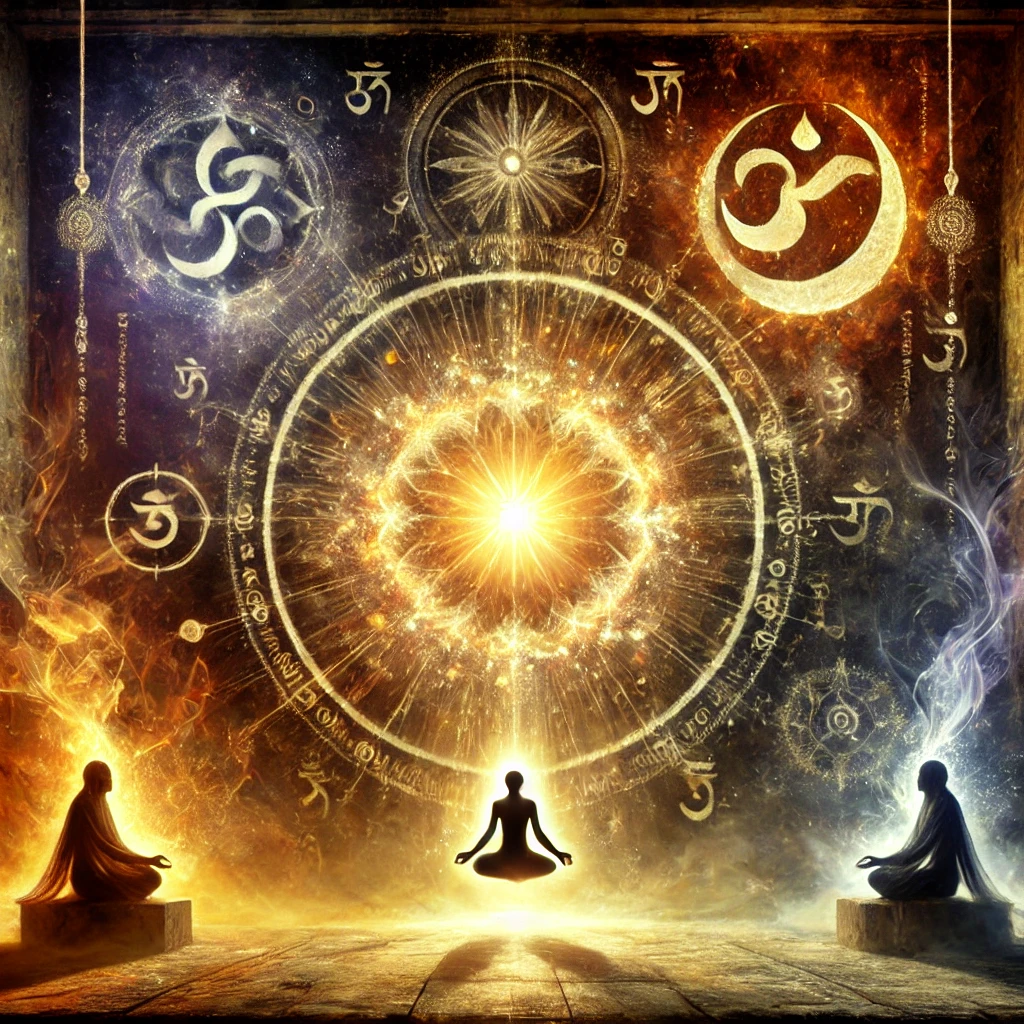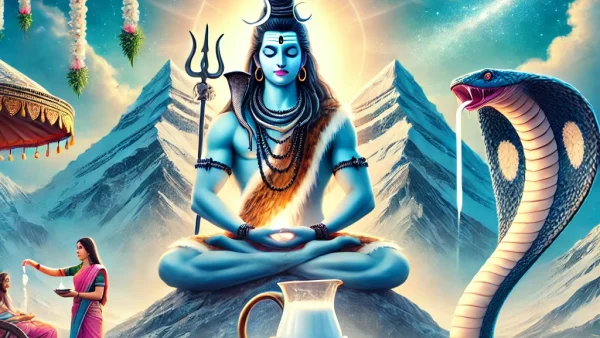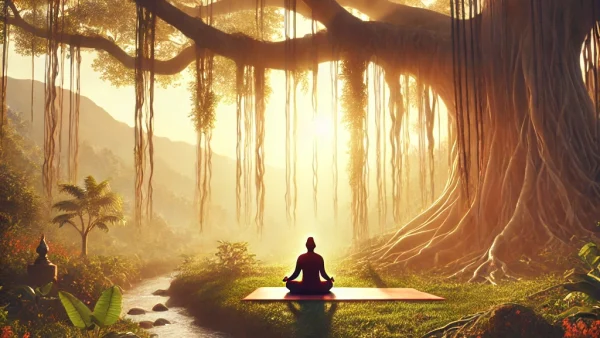World of Black Magic
Black magic has always held a mysterious allure. Stories of curses, enchantments, and supernatural forces that defy explanation are as old as humanity itself. But how much of it is real? Is black magic merely psychological manipulation, or does it involve harnessing genuine supernatural energy? This blog explores the concept of black magic from historical, psychological, and spiritual perspectives, offering clarity on a topic shrouded in both fear and fascination.
What Is Black Magic?
Black magic, also known as witchcraft or pilli sooniyam in Tamil traditions, is the practice of using supernatural powers for selfish, harmful, or malicious purposes. Often associated with rituals involving personal belongings like hair, photos, or even just a name, black magic is believed to manipulate energy to affect another person negatively. The Atharvana Veda, one of the four Vedas, details methods for using energies both constructively and destructively, suggesting that such practices have ancient roots.
Common Symptoms of Black Magic
Many who suspect they are victims of black magic report experiencing:
- Unexplained health issues
- Financial difficulties
- Persistent negativity or bad luck
- Deterioration of relationships
In more severe cases, people claim to experience a profound sense of unease, almost as if their very spirit is being drained.
The Role of Energy: Divine or Malevolent?
To understand black magic, we must first grasp the nature of energy. As expounded in Hindu philosophy, energy is inherently neutral. It is Nirguna, without attributes, and can manifest as either constructive or destructive depending on how it is directed. Consider electricity—it can illuminate a home or power an electric chair. The same principle applies to spiritual energy.
Krishna, in the Mahabharata, addressed this when Arjuna questioned the nature of divinity in all beings. Krishna explained, “The divine is Nirguna.” In other words, the same energy exists in both the saint and the sinner. How it is used depends entirely on the individual.
Black Magic vs. Psychology: The Power of Belief
Many cases attributed to black magic are psychological in nature. Symbols, like a skull placed near your doorstep, can invoke deep-seated fears. This phenomenon, where the mind spirals into negativity due to perceived threats, often amplifies the effect of even the slightest suggestion of black magic.
A Real-Life Example
A businessman once found strange symbols painted near his office. Believing he was cursed, his health deteriorated, and his finances plummeted. When investigated, it was revealed that a rival had staged the scene to instill fear. The power of suggestion caused the damage—not any actual magic.
Studies in psychology affirm this. A 2020 research paper on the nocebo effect—where negative expectations cause harm—highlighted that belief in a curse can trigger stress, anxiety, and even physical symptoms.
Historical Context: Black Magic Through the Ages
Practices resembling black magic have been documented across cultures:
- Hinduism: As mentioned, the Atharvana Veda explores both protective and destructive uses of energy.
- Ancient Egypt: Spells and amulets were used for protection and harm.
- European Witchcraft: The Middle Ages saw countless accusations of hexes, often targeting women.
- African Traditions: Practices like voodoo and juju often intertwine healing with harmful rituals.
These traditions indicate that the manipulation of perceived energy—whether spiritual or psychological—has universal roots.
Is Black Magic Real or a Misinterpretation?
While spiritualists believe in the existence of black magic, skeptics attribute it to natural explanations:
- Psychological Influence: Fear, stress, and anxiety often explain the symptoms attributed to black magic.
- Coincidence: Life’s ups and downs may coincide with suspected black magic, reinforcing belief in it.
- Symbolism Over Substance: Rituals often rely on symbols, which primarily affect the mind rather than the physical world.
That said, many spiritual practitioners argue that denying black magic overlooks its genuine impact in rare but significant cases.
How to Protect Yourself
Regardless of whether black magic is psychological or supernatural, protection starts with empowering your mind and spirit:
- Chanting and Prayer: Reciting mantras like the Mahamrityunjaya Mantra creates positive vibrations that protect against negativity.
- Rituals and Talismans: Objects like Rudraksha beads, available at spiritualguru.lk, are believed to safeguard wearers.
- Detachment: Avoid letting fear control you. As Krishna advised, maintaining equanimity weakens negative influences.
- Seeking Help: In severe cases, consulting spiritual healers or psychologists can help.
A Balanced Perspective
The world is full of energies waiting to be harnessed. Some choose to heal; others, to harm. While black magic remains a controversial topic, it is vital to approach it with a balanced mindset. Blind fear amplifies its impact, while blind dismissal may leave genuine issues unaddressed.
Harnessing the Power of Belief
Black magic, whether real or perceived, underscores the profound connection between the mind, energy, and belief. As Krishna wisely explained, energy itself is neutral—it is how we choose to use it that defines its impact. Whether you’re seeking protection or exploring spiritual practices, remember that the greatest strength lies within your own mind.
For spiritual tools like Rudraksha and more insights into protecting your energy, visit spiritualguru.lk. Empower your journey with positivity and light.
This blog integrates anecdotes, historical insights, and practical advice, ensuring a comprehensive and relatable exploration of black magic for modern readers.







Pingback: Benefits of Tulsi Mala - Spiritual Guru
Pingback: Benefits of Wearing Red Coral